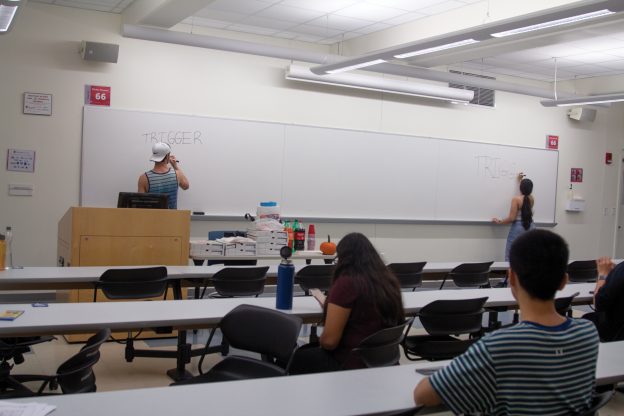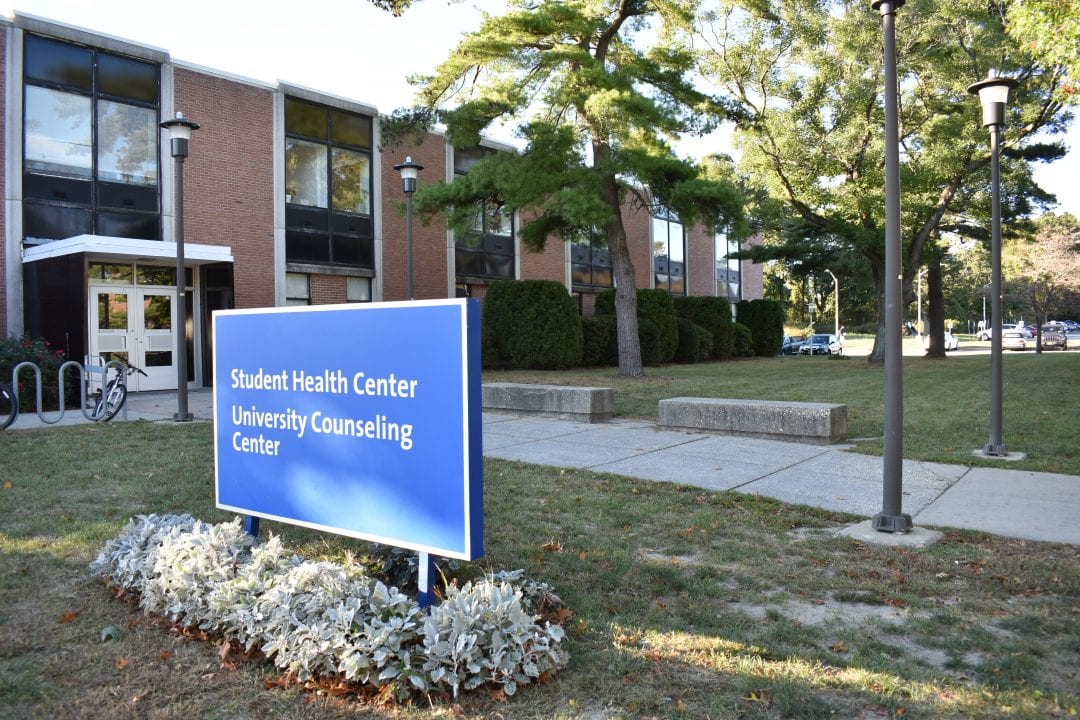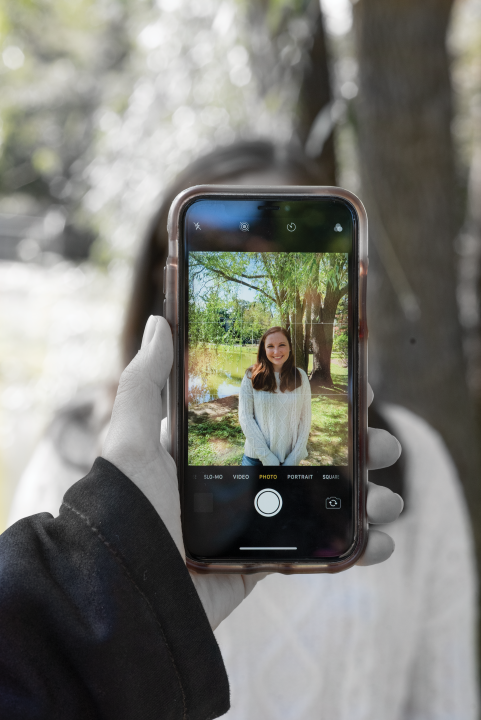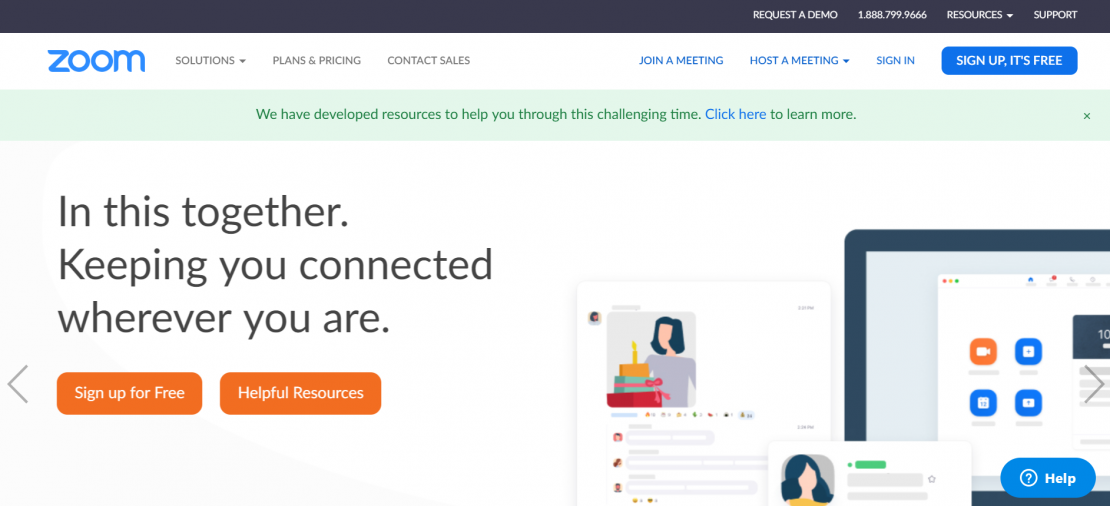
Students in Stony Brook University’s chapter of the Humanology Project aim to break the stigma against mental health one story at a time with the online Unsaid Project.
The Unsaid Project collects anonymous submissions from anyone who wishes to share their feelings about mental health and mental illness. Stories and anecdotes are posted on an online gallery in the Humanology Project’s website as text message-like pictures. The Humanology Project has gathered 84 submissions since the project’s inception on Sep. 15.
The Centers for Disease Control and Prevention (CDC) reported on Aug. 14 that symptoms of depression, anxiety, trauma and stress disorders “increased considerably” in late June this year in comparison to 2019. Forty percent of adults reported at least one adverse mental or behavioral health condition, like suicidal ideation and increased substance abuse.
“Having and maintaining a safe space for people to be able to vent if they’re not ready to personally open up to a friend or go to therapy is our goal,” Cassie Mastroianni, senior psychology major and the chapter’s project outreach chairperson, said. “Because that’s really hard for people to get themselves [to do]. Having an anonymous platform for that, I feel like it could be really helpful for a lot of people.”
Shaina Shiwdin, a senior biology and psychology double major and the chapter’s treasurer, believes the Unsaid Project will bring “light to things that are unsaid” because of the stigma surrounding mental health. The project revolves around “continuing a conversation or starting a conversation” about mental health, according to Shiwdin.
The messages posted so far range from confessions about coping with mental illnesses and stress, to words of encouragement. Some confessions read like texts to a friend.
“I may not know what you go through every day but I’m always here for you,” one message featuring an indigo background said.
The group was inspired by artist Rora Blue’s Unsent Project, after Humanology Project Vice President and senior psychology major Aamna Atif found it over the summer. The Unsent Project is a collection of unsent text messages to first loves gathered from anonymous contributors.
Other organizations, like More than Lyme, have collaborated with Blue to create their own versions of the Unsent Project. Aatif was interested in creating one based on mental health. According to Aatif, Blue was too busy to help with their project but gave full consent for the Stony Brook chapter to launch their own version.
Like the Unsent Project, the Unsaid Project asks the contributor to pick a color that they associate with their message. There are 22 different colors that a contributor can choose from.
The Unsaid Project relies on crowd behavior theory, which suggests that a group of people focused on the same event imitate the actions of others, according to the American Psychological Association dictionary.
“Once one person sees [the Unsaid Project], and [thinks] oh, well this person opened up about their issues, maybe I should try and write something too,” Mastroianni said.
The Humanology Project hopes that the Unsaid Project can spread awareness and help those struggling with unseen mental illnesses — and help those people feel less alone. After reading the entries, which are often emotional, Shiwdin talks to her boyfriend, friends and families about how she’s feeling to help cope.
“In that way, it’s nice because that’s what [the Unsaid Project] is for,” Shiwdin said. She also stressed the importance of the project happening in “a critical time” during the pandemic, and the changes in society allowing for public conversations about mental health.
“For me, personally I just want people to know that someone out there cares,” Aatif said. “Having the platform anonymous lets people get their frustrations out and they know someone’s going to read it and someone’s going to see it.”

















Harold A Maio • Oct 6, 2020 at 7:28 pm
—-Students in Stony Brook University’s chapter of the Humanology Project aim to break the stigma against mental health one story at a time with the online Unsaid Project.
Break the stigma? I do not find that at all amusing. Break the hold people taught and teaching that prejudice have, please. They are the issue.